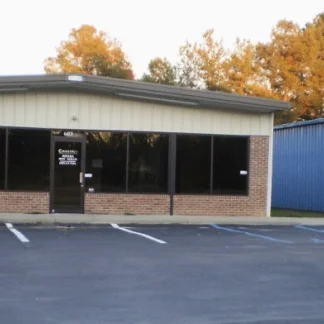Cornerstone
Edgefield, South Carolina, 603 Augusta Road, 29824
Available Programs
- Adolescence program
- Adult program
- Children program
- Hearing impaired program
- HIV/AIDS program : HIV/AIDS prevention services are offered on-site at all locations of Cornerstone, where clients receive prevention, intervention and treatment for AOD issues. The program works to eliminate the spread of HIV-infection among high-risk groups by offering risk assessments, risk reduction counseling, pre- and post-test counseling and free rapid & confidential HIV testing to clients served at their agency.
- Program for men
- Program for women
- Young adult program
Insurance and Financial
- Medicaid
- Private insurance
- Self-pay options
- Financing available
- Per session
- Employee Assistance Program
- Financial aid
About this Facility
Cornerstone is a counseling clinic located in Edgefield South Carolina. Cornerstone offers outpatient treatments for people struggling with substance abuse and gambling addiction.
Cornerstone believes in providing affordable, accessible and high-quality substance abuse prevention, intervention and treatment services to high-risk populations and the general public. Cornerstone is committed to assisting each client in attaining optimal outcomes within the limits of available resources.
Cornerstone offers the Alcohol and Drug Safety Action Program (ADSAP) with is required by State Law of South Carolina for people who have been convicted of driving under the influence with the ultimate goal of improving highway safety by providing assessment, education, and intervention.
Contact us for more information: (803) 637-9336

Contact Cornerstone
Connect with Cornerstone by calling their admissions team directly.
(803) 637-9336 Website Get Directions